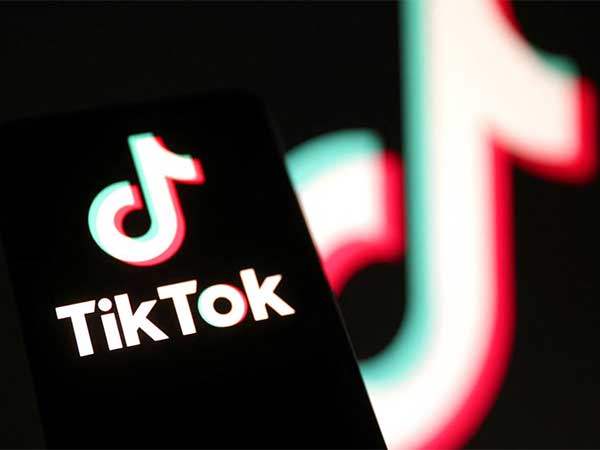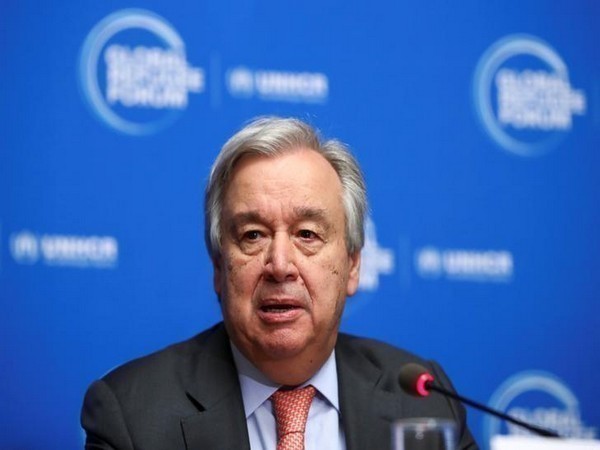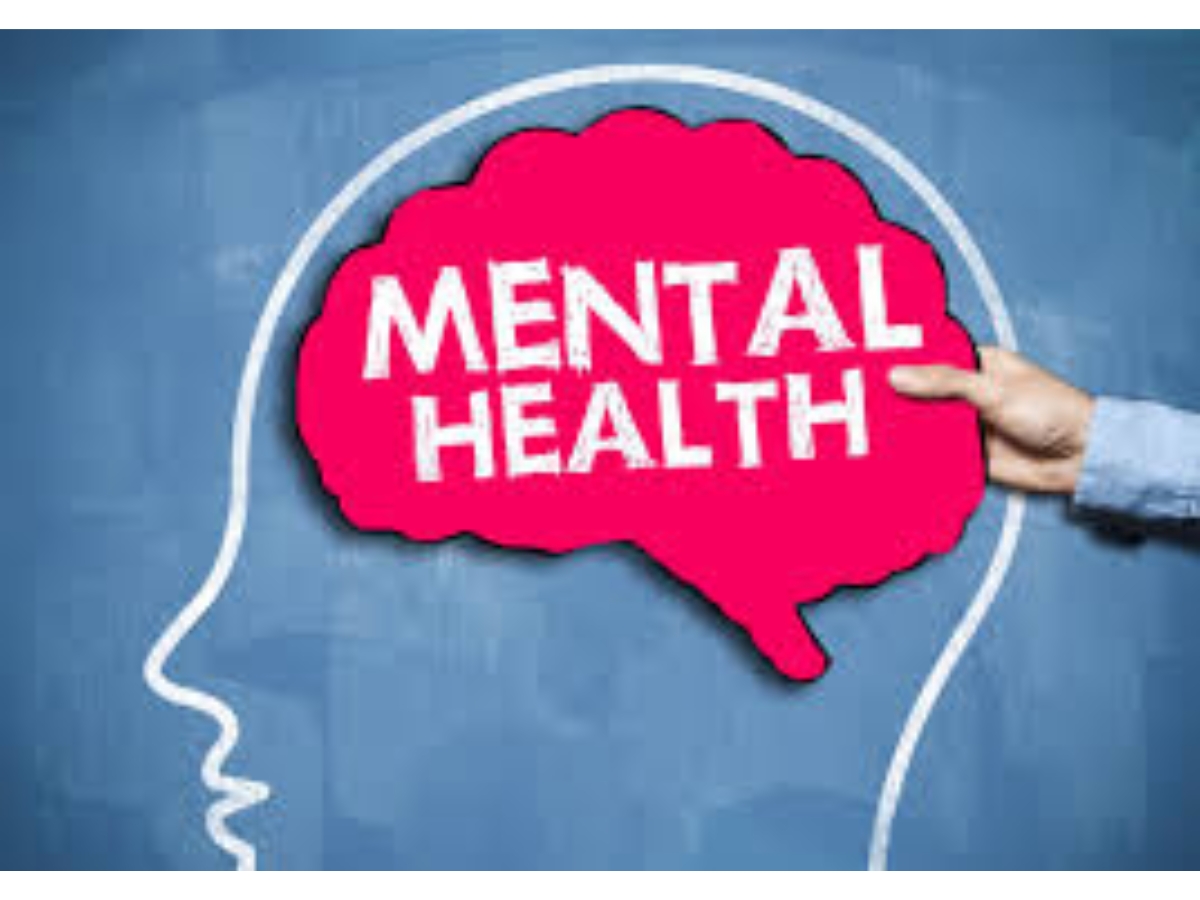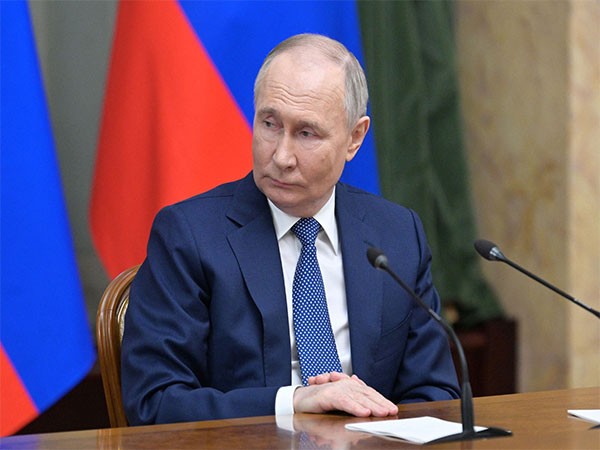Beware of 'healing tips' on TikTok
Jun 01, 2025
Washington [US], June 1: A British media investigation found that much of the content on TikTok made questionable claims about ways to treat and protect mental health.
According to a separate investigation by The Guardian (UK) published on June 1, more than half of the top 100 mental health content on TikTok
People are increasingly turning to social media for "healing", but the investigation found that many influencers are spreading misinformation, including misused therapeutic language, "quick fix" solutions and false claims.
People seeking help are often confronted with dubious advice, such as eating an orange in the bath to reduce anxiety; promotions of supplements with insufficient evidence for their anti-anxiety effects, such as saffron, magnesium glycinate, and holy basil; and remedies that claim to heal trauma within an hour.
There are also guidelines that suggest that normal emotional experiences are a sign of borderline personality disorder or abuse.
The Guardian took the 100 most-posted videos under the tag #mentalhealthtips on TikTok and shared them with psychologists, psychiatrists and academic experts, who reviewed whether the posts contained misinformation.
Experts determined that 52 of the 100 videos offering advice on how to cope with trauma, neurosis, anxiety, depression, and serious mental illness contained some misinformation and much more was vague or unhelpful.
TikTok says videos will be taken down if they discourage people from seeking medical help or promote dangerous treatments. When people in the UK search for terms related to mental health conditions, such as depression, anxiety, autism or post-traumatic stress disorder, they are redirected to information from the UK's National Health Service (NHS).
"TikTok is a place where millions of people express themselves, share their authentic mental health journeys, and find a supportive community. There are clear limitations to the methodology of this study, which is antithetical to freedom of speech and suggests that people should not be allowed to share their own stories," a
"We proactively work with health experts at the World Health Organization (WHO) and the NHS to promote trustworthy information on our platforms and remove 98% of harmful misinformation before it is reported to us," the spokesperson said.
Source: Thanh Nien Newspaper








